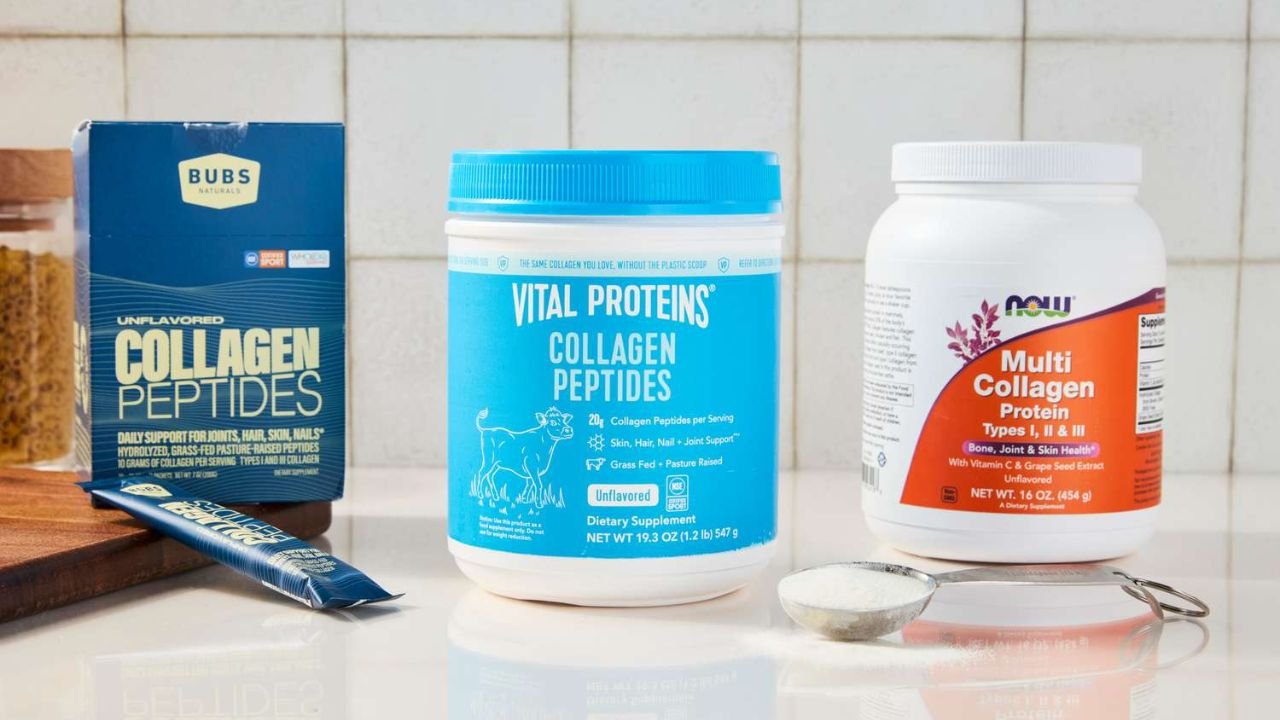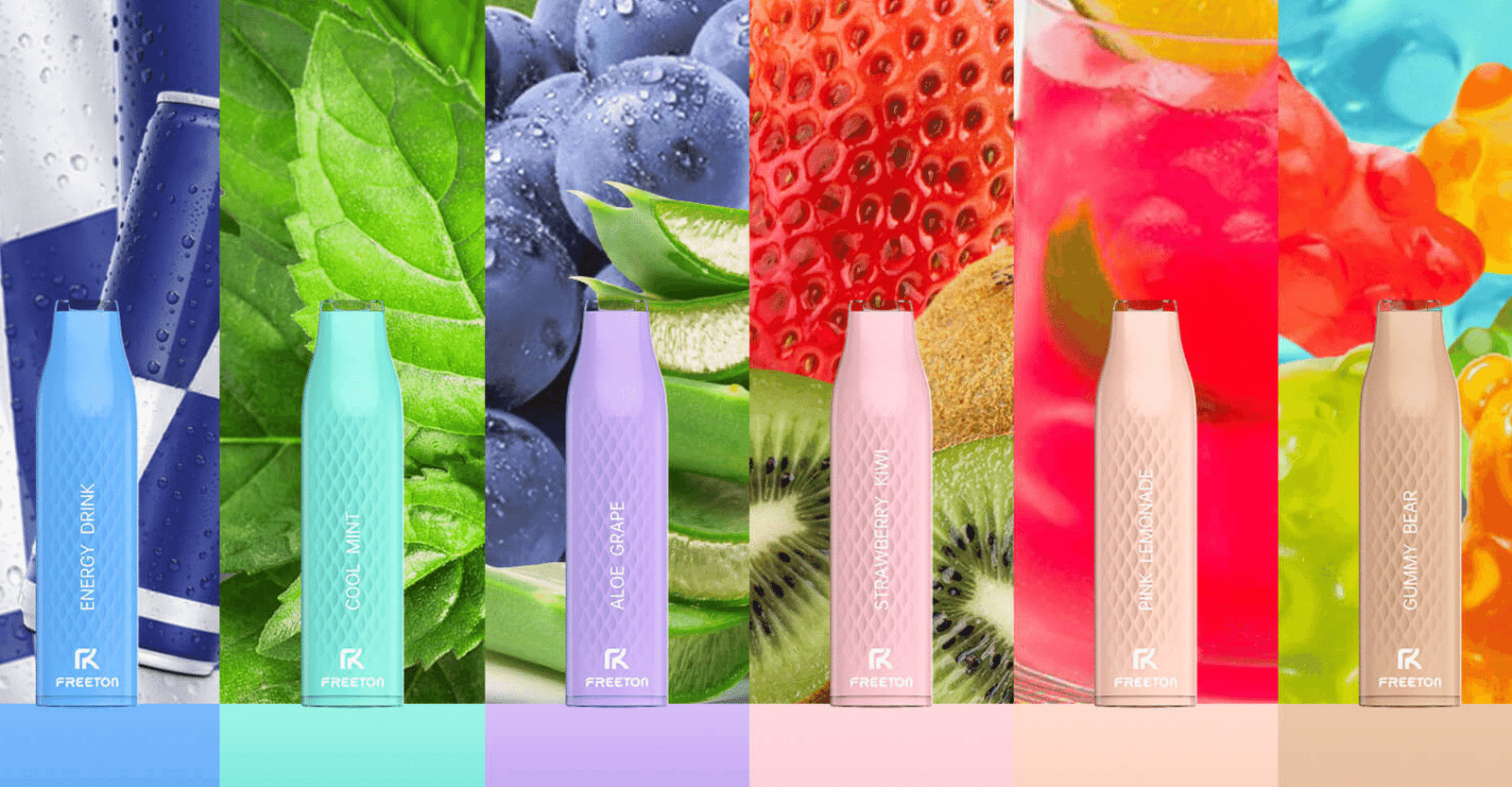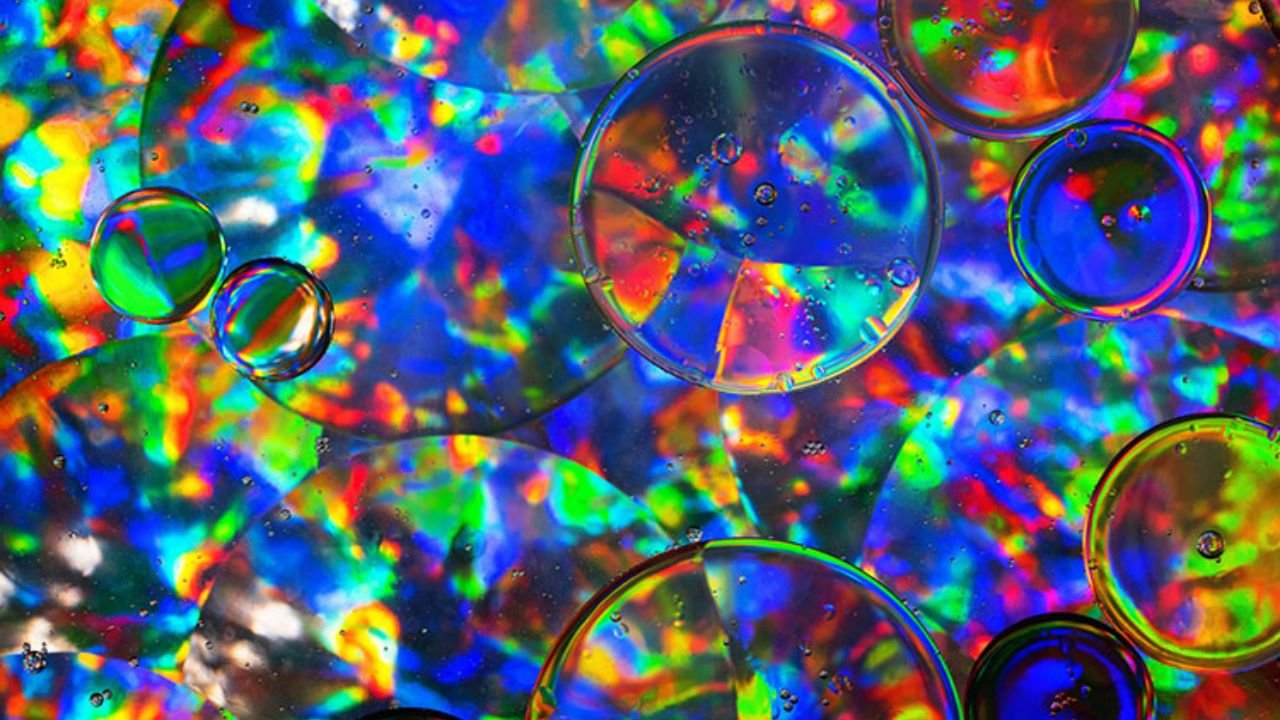Introduction
Collagen powder has become a staple in personal wellness routines. From skincare enthusiasts to athletes, many have turned to collagen to support joint function, skin elasticity, gut health, and more. However, as the supplement industry has grown rapidly, so have concerns about product safety—specifically, contamination with heavy metals.
In this guide, we explore everything you need to know about choosing collagen powder without heavy metals, how contamination happens, the risks involved, how to read lab reports, and what to look for when buying a clean, high-quality product.
What Are Heavy Metals and Why Are They a Concern in Supplements?
What Are Heavy Metals?
Heavy metals are elements that occur naturally in the earth’s crust. Some are essential in trace amounts (like zinc and iron), while others are toxic even in low doses, such as:
- Lead (Pb)
- Arsenic (As)
- Cadmium (Cd)
- Mercury (Hg)
How Do They Get Into Collagen Powder?
Heavy metals can enter the collagen production chain in several ways:
- Contaminated animal feed or water
- Soil and marine pollution
- Industrial processing and poor manufacturing practices
- Cross-contamination during packaging or transport
Potential Health Risks of Heavy Metal Exposure
Long-term exposure to heavy metals—even in small quantities—can pose serious health risks, including:
- Neurological damage
- Organ toxicity (especially kidneys and liver)
- Developmental delays in children
- Increased cancer risk
- Weakened immune function
- Reproductive issues
People taking daily supplements are particularly vulnerable, as toxins can accumulate over time.
Regulatory Guidelines and Testing
Are There Legal Limits?
Yes. Agencies such as the FDA, USP, NSF, and California Proposition 65 have set guidelines for heavy metal levels in food and supplements.
Here are some limits under California Prop 65 (per daily serving):
| Heavy Metal | Maximum Allowable Level |
| Lead | 0.5 µg |
| Cadmium | 4.1 µg |
| Arsenic | 10 µg (inorganic) |
| Mercury | 0.3 µg |
Most collagen products are tested against these standards—reputable ones publish their results.
What Is Third-Party Testing?
Third-party labs analyze product samples for contaminants. This ensures:
- Accuracy (label matches contents)
- Purity (free from banned substances)
- Safety (heavy metals, microbes, allergens)
Look for certifications from:
- NSF Certified for Sport
- USP Verified
- Informed-Choice
- BSCG Certified Drug Free
How to Check for Heavy Metals in Collagen Powder
Read the Certificate of Analysis (CoA)
A CoA is a lab report showing detailed test results. Always check for:
- Heavy metal levels (should be “ND” = Not Detected or below legal limits)
- Batch number match (same as on your product)
- Third-party lab details (not the brand’s in-house lab)
Contact the Brand
If the CoA isn’t publicly available:
- Reach out to customer support.
- Ask for heavy metal testing data.
- If they refuse or avoid the question—move on.
Sources of Cleaner Collagen
The origin of the collagen source matters. Some sources carry a higher risk of heavy metal exposure than others:
| Source | Risk of Heavy Metals | Comments |
| Bovine (cow) | Moderate | Risk depends on feed quality and region |
| Marine (fish) | High | Often contains mercury, arsenic |
| Porcine (pig) | Moderate | Similar to bovine |
| Chicken | Low to moderate | Generally cleaner, especially pasture-raised |
Choose grass-fed, pasture-raised, wild-caught sources when possible.
Clean Collagen Certifications and Claims
When shopping, look for the following indicators of clean collagen:
- “Third-party tested” – independently verified
- “Heavy metal tested” – clearly stated
- “Glyphosate residue free” – if available
- Non-GMO, hormone-free, antibiotic-free
These are not guarantees but are positive signals of good manufacturing practices.
How to Store and Use Collagen Powder Safely
Even clean collagen can become unsafe if stored improperly.
Tips for Safe Storage
- Keep away from heat and humidity
- Store in air-tight containers
- Use clean, dry scoops
- Avoid storing near cleaning supplies or chemicals
Recommended Daily Dosage
- Most studies suggest 10–20g per day
- Start slow and observe how your body responds
Clean Collagen Recipes and Usage Ideas
Once you’ve chosen a heavy-metal-free collagen powder, here are some ways to incorporate it:
1. Morning Coffee or Tea
Collagen dissolves easily in hot liquids and adds no flavor.
2. Smoothies
Blend with fruit, vegetables, and protein powder for a wellness boost.
3. Baked Goods
Add collagen to muffins, pancakes, or banana bread.
4. Soups and Broths
Collagen integrates smoothly into warm dishes without clumping.
5. Overnight Oats or Yogurt
Mix into breakfast bowls for a protein kick.
Final Thoughts
The benefits of collagen supplements are well-documented—but only if the product is safe. Heavy metal contamination poses a silent threat that can undo the very health benefits you’re aiming for.
Being an informed consumer means:
- Asking questions
- Reviewing third-party lab results
- Choosing reputable brands
- Storing your supplements with care
With collagen powder that’s free from heavy metals, you get peace of mind and full confidence in your wellness routine.



